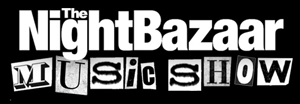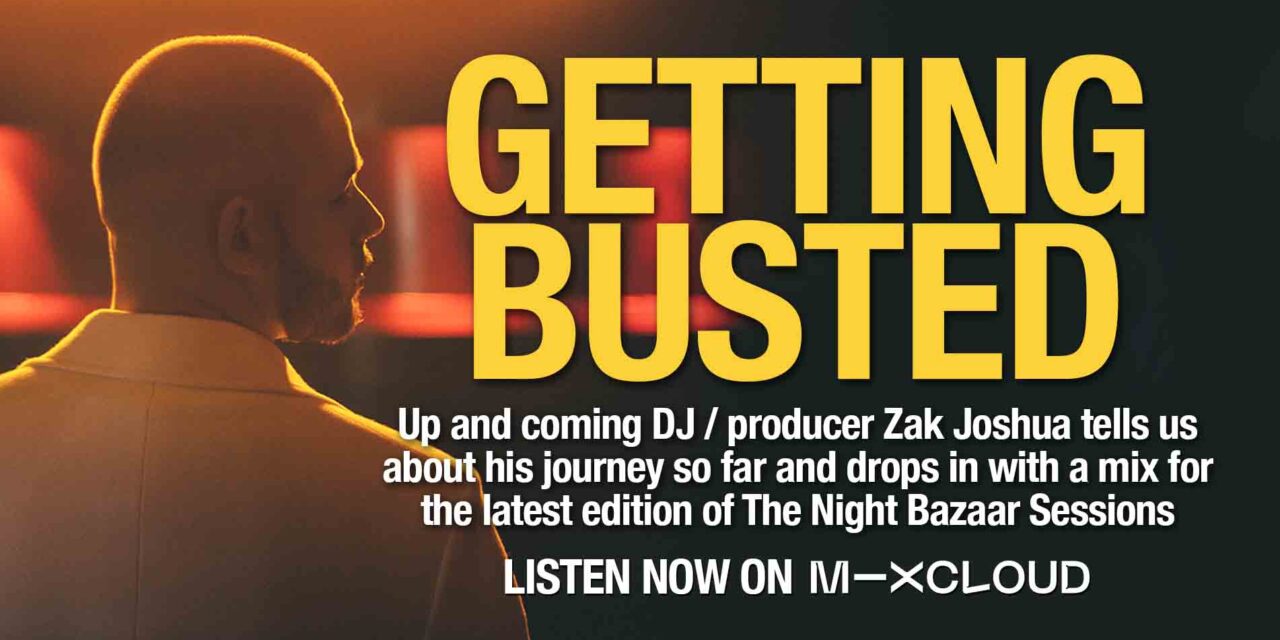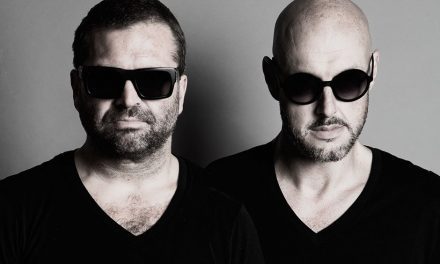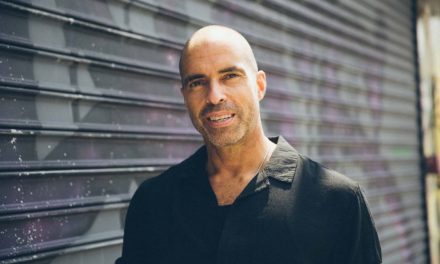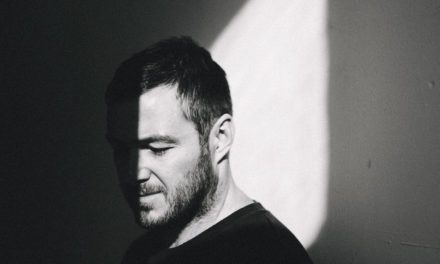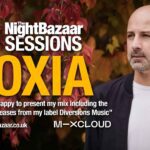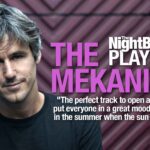UK-based artist Zak Joshua first broke through on the electronic music scene when his debut solo track Figure It Out was uploaded to renowned tastemaker YouTube channel Selected.
It has since gone on to accrue over 5 million views with a subsequent official release updated with new vocals and a fresh sonic polish in 2019. This set the wheels in motion for a re-evaluation of Zak’s goals as an artist, and a renewed ambition to make his mark on the dance scene at large.
Up coming new single You Don’t Love Me Like You Say You Do is the first release on Zak’s new label, NEMESIS92, which will serve as the main home for his more underground releases. The label takes its name from his father who was one of the first large-scale legal rave promoters of the late 80s and early 90s and whose brand was a byword for top-quality events across the UK.
Ahead of its release, we caught up with Zak to discuss musical heroes, his approach to production, and how the pandemic has changed the kind of music he’s been making. He has also mixed the latest instalment of The Night Bazaar Sessions which you can listen to below.
Please tell us a bit about your background. How did you first get involved in music? Was house something you grew up listening to?
Growing up, I learned the guitar and started playing in a band when I was 15 years old. I played lead guitar and sang a little bit! Around that time I began to experiment with programming music electronically (although I didnt take that seriously until much later) and then I started DJ’ing when I was about 19 to supplement my income. I started in local pubs and quickly worked my way up to bigger clubs.
No! Dance music came into my life relatively late. I grew up listening to alternative rock and indie; in my teens the ‘Post-Punk revival’ was all the rage, bands like The Editors, Bloc Party and The Killers et al. Kasabian went to my school, so it was very much an indie band area. I had grown up being exposed to 80’s bands like Depeche Mode and The Smiths so this was a natural progression. In my early 20’s I met a good friend of mine, Danny Julian, who was a fixture in the local house scene; he exposed me to lots of different styles & taught me how to DJ. From there I began to learn more about the different genres and the history of the culture.
The first Dance track that I released in 2014, ‘Figure It Out’, went viral on youtube and gave me the confidence to pursue music professionally. I went to uni to learn my trade, took a bit of a detour as an R&B artist and producer, before finally coming full circle, a year or so ago, to Dance music.
Any particular musical heroes?
You’re going to laugh at this, but I was recently asked this same question by a friend of mine, and here is the answer… Charlie Simpson (Of ‘Busted’ fame). You’d be well within your rights to take me to an asylum at this point, but let me explain.
I was in my early teens when ‘Busted’ were at their peak, and detested them and everything they stood for. I thought I was far too cool and was listening to ‘grown up music’. A year or so after they disbanded, news broke that he’d formed a band called ‘Fightstar’, who were going to release a serious concept album based on a cult anime show. Of course, everybody from the press to rock fans, including myself, had mocked and derided them before releasing a single record. Imagine my surprise when that album turned out to be the most sweeping, ferocious, gigantic and intricately detailed album my 14 year old ears had yet listened to. That album was called ‘Grand Unification’. It went on to receive universal acclaim from critics and is safely positioned in my top favourite 5 albums of all time. He went on to release numerous brilliant albums with that band, as well as 3 great folk albums under his own name; he even managed to reform Busted and make a couple of good ‘grown up’ pop albums. That ability to move through genres so effortlessly, and stick to his creative guns despite his past and what others thought of him, is what makes him a musical hero for me.
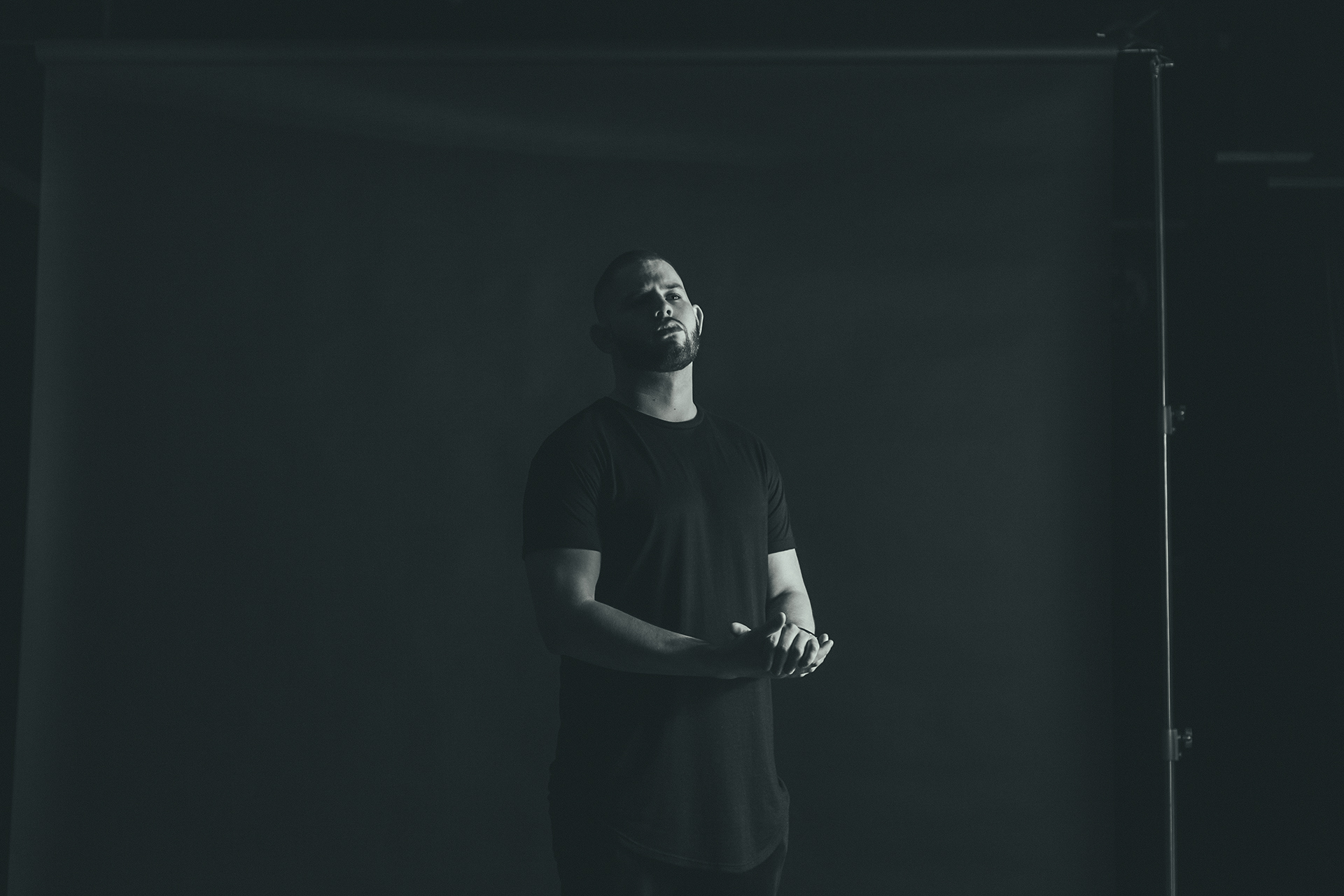
Tell us about your new single. Any specific inspiration behind this, or vibe you were going for?
‘You Don’t Love Me Like You Say You Do’ is the first release on my new label, ‘NEMESIS92’, which takes its name from dad’s rave company, which he ran in the early 1990’s. The track itself is a melodic house track, and it is a little more undergound than my previous releases. I made it at the start of lockdown, around April, and it came about because I was unable to work with my normal collaborators in the studio. So I started playing around with some vocal samples that were sitting on my hard drive, and it fitted with an earlier synth line idea that I’d had; the track fell together pretty organically from there.
Please tell us about the mix you’ve put together for us. Are there any particular tracks you’d like to highlight?
This mix represents a collection of favourites that I’ve been listening to throughout lockdown. It has a relatively deep vibe that expresses how I’ve been feeling this year, and there a few of my own tracks thrown in for good measure, including one unreleased track, ‘Hold Me’, that will be out next year. The opener, ‘Let The Light In’, is a collaboration between myself and a good friend of mine, Maniscooler, who is a successful R&B producer in his own right. It is a laidback lo-fi house tune, that was picked up by EDM star Martin Garrix and played on his radio show, which just shows how the old borders of genre are melting away.
Presumably you haven’t been DJing anywhere public for a while – how do you stop from getting rusty?
To be honest, it has been quite a welcome change in many ways. I love and miss DJ’ing, like most other DJ’s, but I was playing out every week, often multiple times, so it has been nice to take a step back for a while. I feel like when clubs start to re-open, whenever that may be, it will make us appreciate the experience so much more. As they say – absence makes the heart grow fonder!
Do you think a lack of gigs has given you more time to focus on making music? And do you think it’s changed the kind of music you produce?
Absolutely! I’ve written much more music this year than any time in my life. It has alleviated the pressure to finish songs, and I have been able to just let them take their own course. I probably have all of my releases up until next summer finished & ready to go. On top of that, it’s definitely changed the music that I’m creating. When you’re DJ’ing every week it is a constant battle keeping up with all the new releases. I often play R&B as well, so I am fighting that battle on two fronts! Not having to do this has given me the opportunity to re-center myself with the albums that originally got me interested in music, some of which I haven’t listened to since my teens. This has been very good for my creative process.
Tell us about your studio set up. Do you have any bits of kit you find yourself going back to?
When it comes to production I keep it simple. Just me, my macbook, midi keyboard, audio interface ad my trusty headphones, the AKG K550s. I’d love to tell you that I have a wide array of analogue synths, but space (and wallet!) considerations rule that out. I have a number of soft-synths that use, but 9 times out of 10 it will be something from the Arturia V collection, or my secret weapon, the bx_oberhausen from PluginAlliance, which is an emulation of the Oberheim SEM synth. I also mix & master all of my own tracks (as well as for other artists), so I have a lot of software in this area, from Izotope, Slate, and PA. When I want to record vocals, I decamp to a commercial studio that I help to run called ‘HQ Recording’ in Leicester, which uses the Slate ML-1 microphone.
What can we expect from you and the new label next year?
As I mentioned earlier, I have a whole host of releases planned for next year, ranging from a vocal house track with a wonderful singer called ‘Morgan Munroe’, to some pretty dark melodic techno tracks. I just want to keep building momentum for when the club scene finally gets going again!


